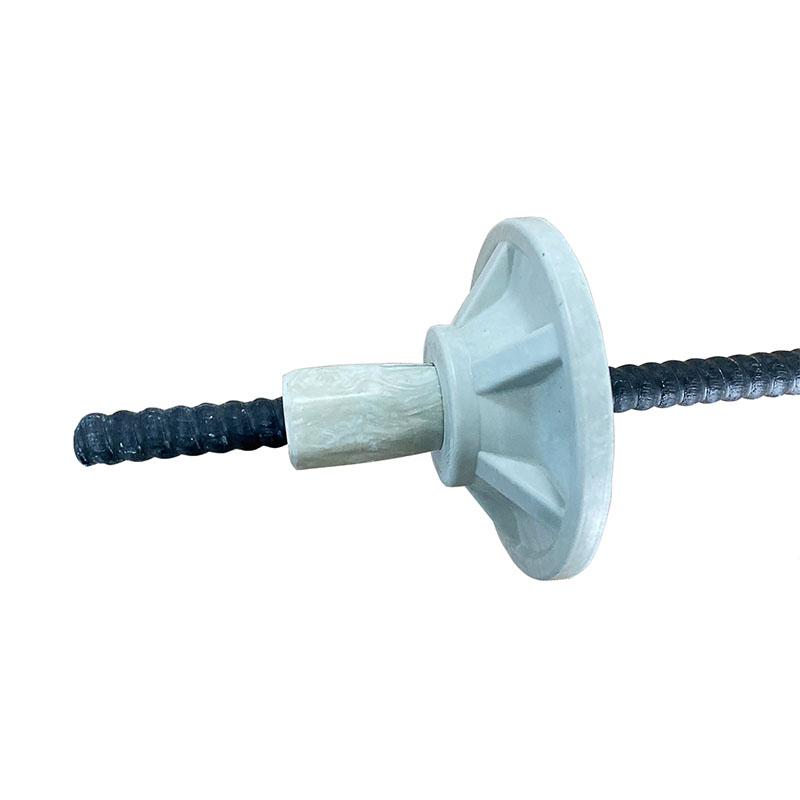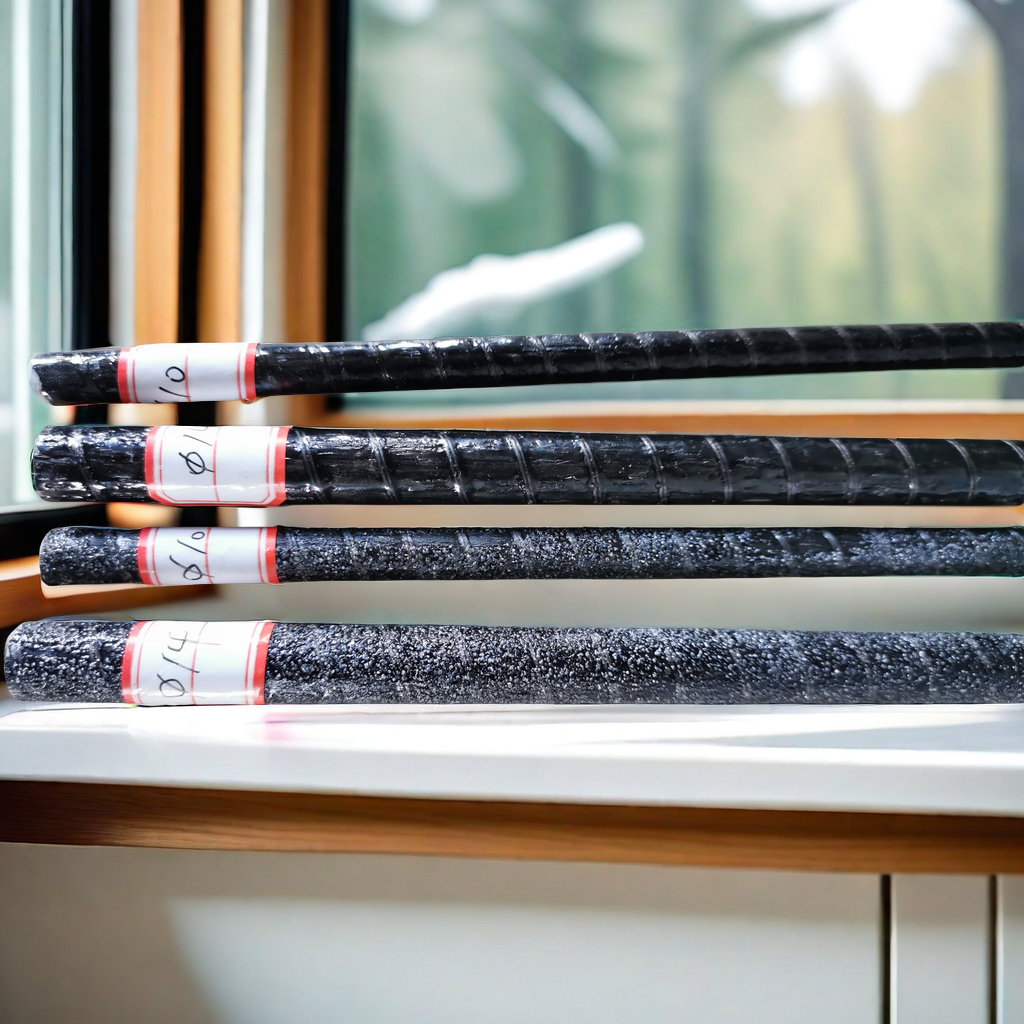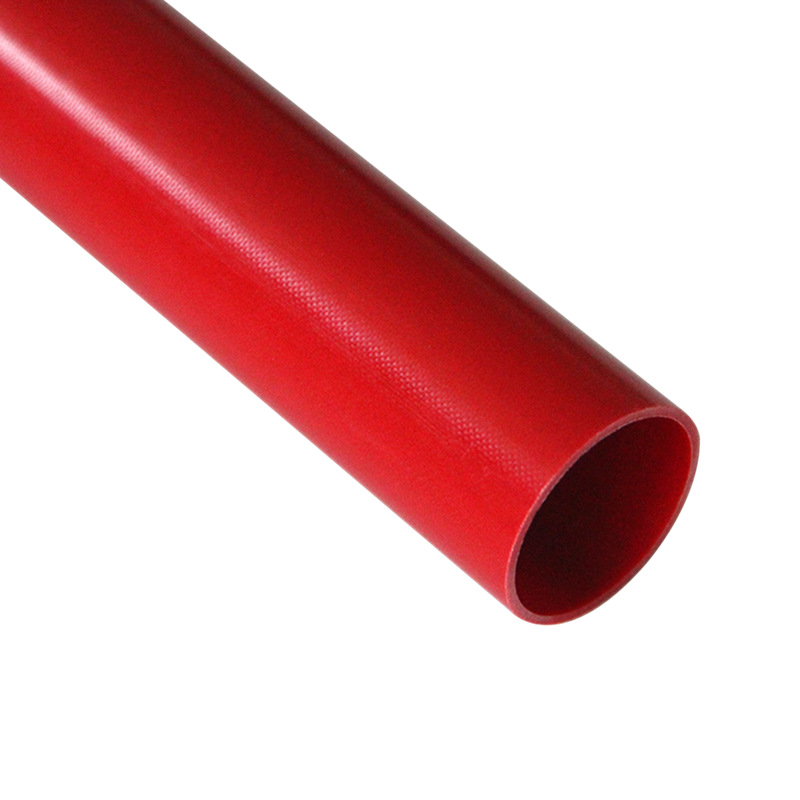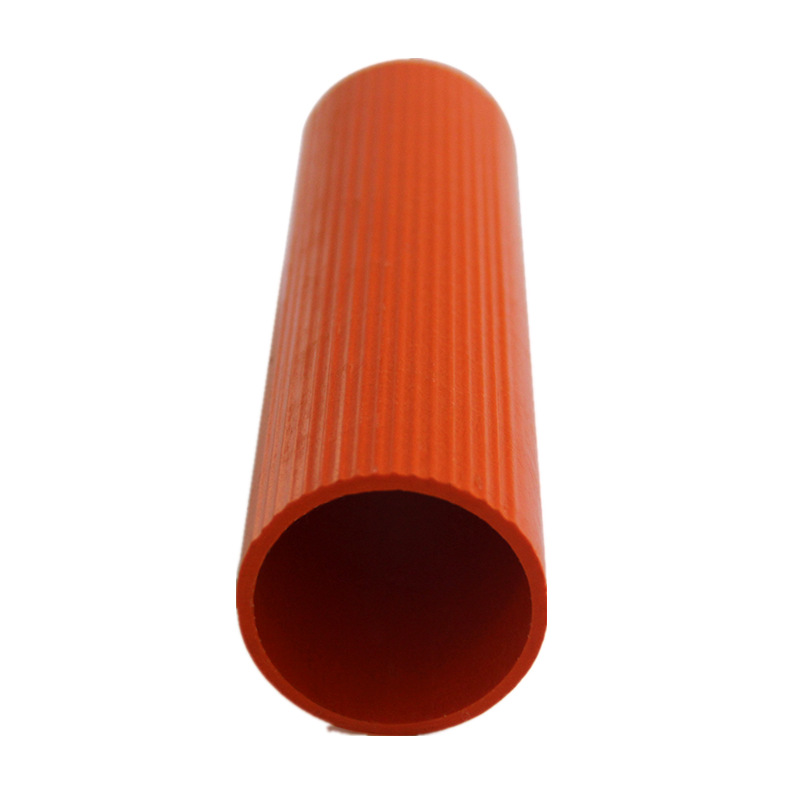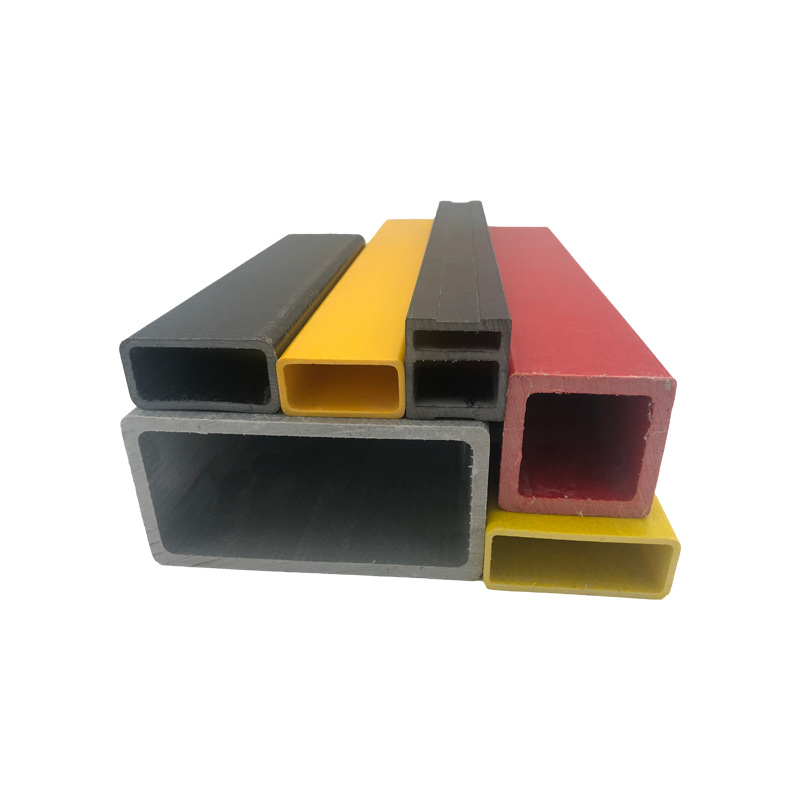Introduction
The advancement of construction materials has paved the way for innovative solutions that enhance structural integrity and longevity. Among these innovations, the Glass Fiber Anchor Cable stands out as a revolutionary component in modern engineering. This composite material combines the strength of glass fibers with the versatility of anchor cables, offering a myriad of advantages over traditional steel counterparts. This article delves into the numerous benefits of Glass Fiber Anchor Cables, exploring their applications, performance characteristics, and impact on the future of construction engineering.
Background of Glass Fiber Anchor Cables
Glass Fiber Anchor Cables are composite materials made from high-strength glass fibers embedded in a resin matrix. They are designed to provide reinforcement in various structural applications, particularly where conventional steel anchors may not suffice. The development of these cables is rooted in the need for materials that offer high tensile strength, corrosion resistance, and durability under extreme conditions. Their unique properties have made them an essential component in civil engineering projects, mining operations, and marine constructions.
High Strength-to-Weight Ratio
One of the most significant advantages of Glass Fiber Anchor Cables is their exceptional strength-to-weight ratio. Compared to steel cables, glass fiber cables offer similar or even superior tensile strength while being significantly lighter. This reduction in weight simplifies transportation and installation, reducing labor costs and time. The high tensile strength ensures that structures can withstand substantial loads, making these cables ideal for applications where weight savings are critical without compromising structural integrity.
Corrosion Resistance
Corrosion is a primary concern in the longevity of anchor cables, especially in environments exposed to moisture, chemicals, or saltwater. Glass Fiber Anchor Cables exhibit excellent corrosion resistance due to their non-metallic composition. Unlike steel, glass fibers do not rust or degrade when exposed to corrosive elements. This property extends the service life of structures, reduces maintenance costs, and enhances safety by minimizing the risk of structural failure due to corrosion.
Electromagnetic Transparency
In certain applications, the electromagnetic properties of materials are of paramount importance. Glass Fiber Anchor Cables are electromagnetically transparent, meaning they do not interfere with electromagnetic fields. This characteristic is crucial in the construction of infrastructure like tunnels, hospitals, or facilities where sensitive electronic equipment operates. The use of these cables ensures that electromagnetic interference is minimized, maintaining the functionality of critical systems.
Ease of Installation
The reduced weight of Glass Fiber Anchor Cables not only lowers transportation costs but also facilitates easier handling during installation. Workers can maneuver the cables with less effort, reducing the risk of injury and speeding up the installation process. Additionally, these cables can be cut on-site without the need for specialized tools or equipment, providing flexibility and efficiency in constructing complex structures.
Cost-Effectiveness
While the initial material cost of Glass Fiber Anchor Cables may be higher than traditional steel cables, the overall lifecycle cost is often lower. The longevity and durability of glass fiber cables result in fewer replacements and less maintenance over time. When factoring in the reduced installation costs and extended service life, these cables present a cost-effective solution for long-term projects.
Environmental Benefits
Sustainability is a growing concern in the construction industry. Glass Fiber Anchor Cables contribute to environmental conservation by reducing the need for frequent replacements and lowering resource consumption. Their corrosion resistance minimizes the environmental impact associated with the degradation of materials, and their lightweight nature decreases the energy required for transportation and installation.
Applications of Glass Fiber Anchor Cables
The versatility of Glass Fiber Anchor Cables allows for their use in a wide range of applications:
Civil Engineering Projects
In civil engineering, these cables are employed in the stabilization of slopes, retaining walls, and foundations. Their high tensile strength and corrosion resistance make them ideal for reinforcing structures that are exposed to environmental stresses. By utilizing Glass Fiber Anchor Cables, engineers can design more resilient infrastructures that require less maintenance over time.
Mining Industry
The mining sector benefits from the use of Glass Fiber Anchor Cables in ground support and stabilization. Their non-conductive nature reduces the risk of electrical hazards in underground mines. Additionally, the lightweight and easy installation properties enhance safety and efficiency in challenging mining environments.
Tunneling Projects
In tunneling, Glass Fiber Anchor Cables provide reliable reinforcement without adding excessive weight to the structure. Their electromagnetic transparency is particularly beneficial in tunnels where communication and signaling systems are critical. The use of these cables ensures structural integrity while maintaining the functionality of essential electronic systems.
Marine Constructions
Marine environments are highly corrosive, posing significant challenges to traditional steel anchors. Glass Fiber Anchor Cables offer an ideal solution due to their superior corrosion resistance. They are used in docks, seawalls, and offshore platforms, where durability and longevity are crucial.
Comparative Analysis with Traditional Materials
When comparing Glass Fiber Anchor Cables to traditional steel cables, several key differences emerge. Glass fiber cables offer:
- Higher corrosion resistance, reducing maintenance needs.
- Lower weight, simplifying transportation and installation.
- Non-conductivity, enhancing safety in specific applications.
- Electromagnetic transparency, crucial for sensitive environments.
These advantages make Glass Fiber Anchor Cables a superior choice in many scenarios, particularly where traditional materials fall short due to environmental or operational challenges.
Conclusion
The adoption of Glass Fiber Anchor Cable technology marks a significant advancement in construction and engineering. Their unique properties address many limitations associated with traditional materials, offering solutions that are durable, efficient, and cost-effective. As the industry moves towards more sustainable and resilient construction practices, the role of Glass Fiber Anchor Cables is set to become increasingly prominent. Embracing this technology not only enhances the performance and longevity of structures but also contributes to safer and more eco-friendly engineering solutions.









